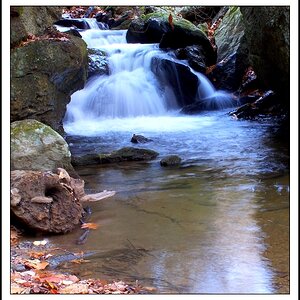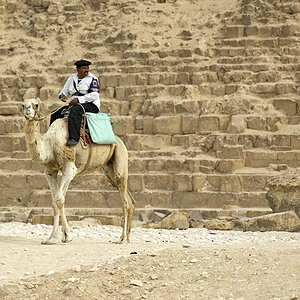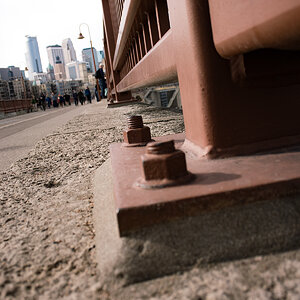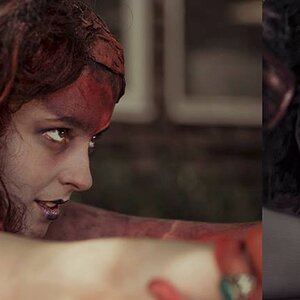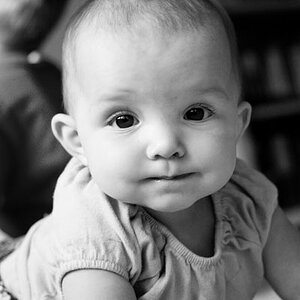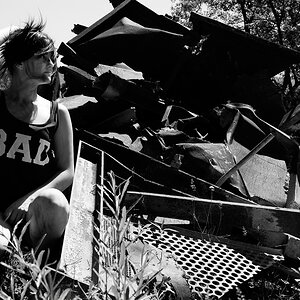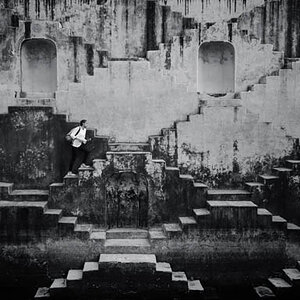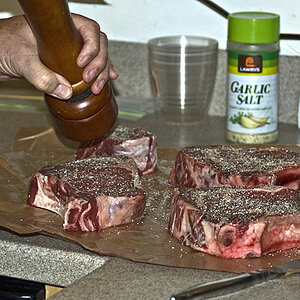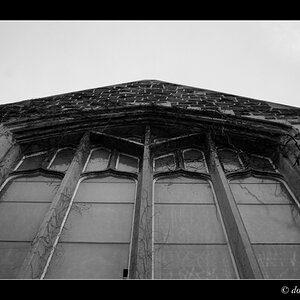ann
No longer a newbie, moving up!
- Joined
- May 14, 2007
- Messages
- 4,263
- Reaction score
- 189
- Can others edit my Photos
- Photos NOT OK to edit
Your on the right track, however, I would suggest you remove the squeeze , it is a disaster waiting to happen. They collect dirt which even a tiny bit will damage your film. Wet fingers do a good job.
The first roll of film is always the hardest and most nerve racking, after that is basically clock watching and temperature control with consistence workflow.
A dealer like Freestyle is going to be sure the film is stored properly so it might be worth a try. However, since your just starting out and don't have a background in what a proper exposed and developed negative should look like there may be some problems if something goes wrong.
Go to Ilford's website , they have a series of pdf on want equipment is needed, and basic tutorials on how to's from film to printing.
Learning to become a good printer is the toughest learning curve in the process especially when you learning on your own. Scanning is an option, but scanning is a skill set as well, but might be faster as a learning device.
As a very old film user I think the background gained here will be well worth the effort.
Have fun
The first roll of film is always the hardest and most nerve racking, after that is basically clock watching and temperature control with consistence workflow.
A dealer like Freestyle is going to be sure the film is stored properly so it might be worth a try. However, since your just starting out and don't have a background in what a proper exposed and developed negative should look like there may be some problems if something goes wrong.
Go to Ilford's website , they have a series of pdf on want equipment is needed, and basic tutorials on how to's from film to printing.
Learning to become a good printer is the toughest learning curve in the process especially when you learning on your own. Scanning is an option, but scanning is a skill set as well, but might be faster as a learning device.
As a very old film user I think the background gained here will be well worth the effort.
Have fun



